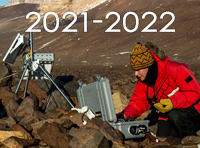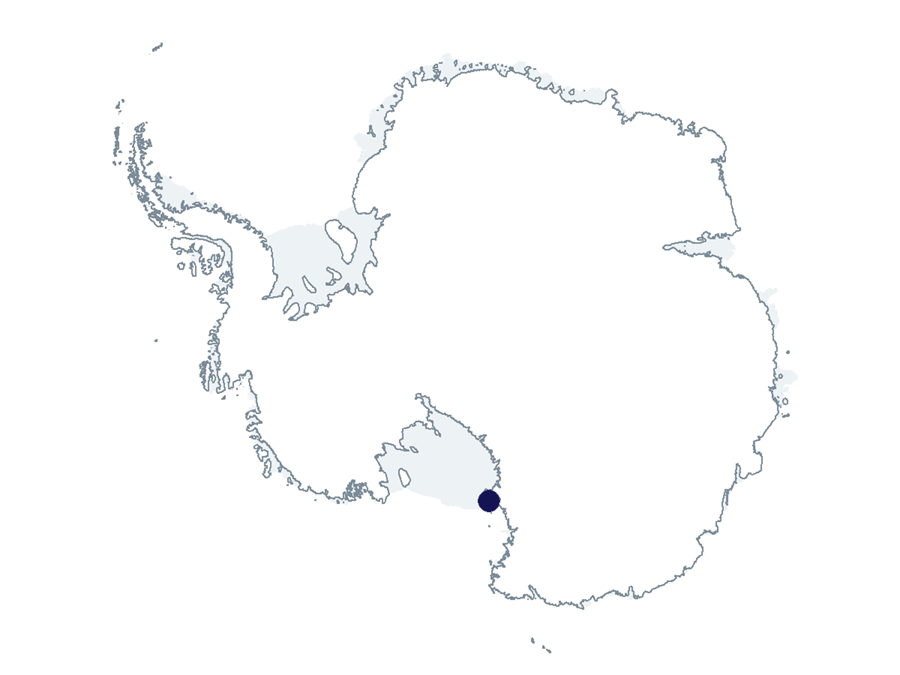2021-2022 USAP Field Season
Project Detail Project TitleThermal sensitivity of Antarctic embryos and larvae: effects of temperature on metabolism, developmental rate, and the metabolic cost of development Summary
Event Number:
Program Director:
ASC POC/Implementer: Principal Investigator(s)
Dr. Amy Moran
Project Web Site: Location
Supporting Stations: McMurdo Station DescriptionCold-blooded animals (ectotherms) in the Antarctic ocean have survived in near-constant cold conditions for millions of years and are sensitive to even small changes in water temperature. However, the consequences of this thermal sensitivity for the energetics, development, and survival of developing embryos is not well understood. Researchers will investigate the effect of temperature on the metabolism, growth rate, developmental rate, and developmental energetics of embryos and larvae of Antarctic marine ectotherms. The project will also measure annual variations in temperature and oxygen at different sites in McMurdo Sound and compare embryonic and larval metabolism in winter and summer to determine the extent to which these life stages can acclimate to seasonal shifts. This research will provide insight into the ability of polar marine animals and ecosystems to withstand warming conditions. Field Season OverviewThree team members will deploy to McMurdo Station in early October. They will use PistenBullys to access diving sites around McMurdo Sound and will travel via helicopter on day trips to New Harbor and Granite Harbor, where they will deploy and collect dataloggers and collect marine invertebrates. They will maintain collected specimens in the Crary Laboratory aquarium and conduct analyses in the lab. One team member will redeploy in early December, with two remaining through February to monitor long-term experiments. ASC personnel will assist with additional sample measurements over winter, as time allows. Deploying Team Members
|
2021-2022 Science Planning Summaries



For USAP Participants |
For The Public |
For Researchers and EducatorsContact UsNational Science FoundationOffice of Polar Programs Geosciences Directorate 2415 Eisenhower Avenue, Suite W7100 Alexandria, VA 22314 Sign up for the NSF Office of Polar Programs newsletter and events. Feedback Form |



